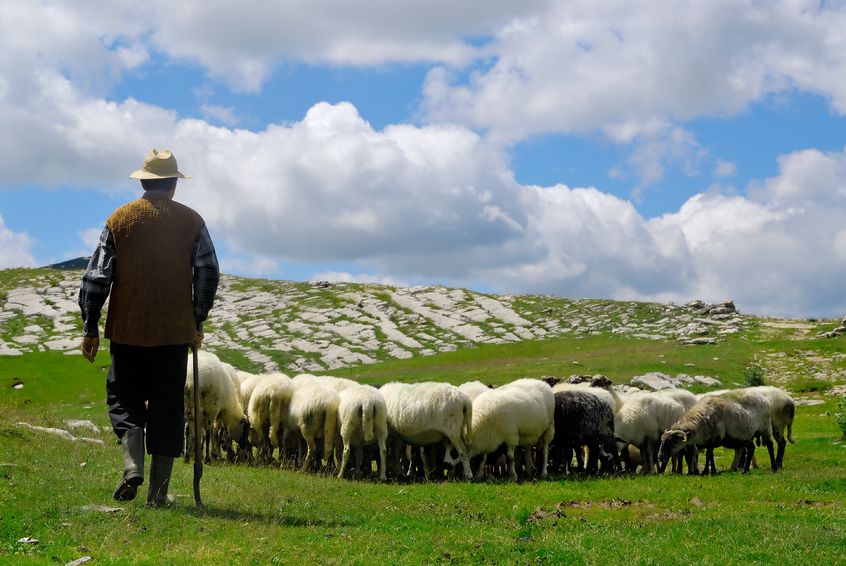Welsh farmers ask for fair trade and continued protected status for meat

Fair trade and the transition from the EU's PGI status to a UK-based geographical indication scheme would be "extremely beneficial" for the Welsh agricultural industry.
Politicians and agricultural leaders gave evidence on the post-Brexit future of Welsh agriculture to the House of Commons Welsh Affairs Committee.
It is the latest evidence-gathering session for its inquiry on Brexit, agriculture, trade and the repatriation of powers.
Hybu Cig Cymru (Meat Promotion Wales) Chief Executive Gwyn Howells emphasised that while farming may appear a relatively small part of the UK economy as a whole, it is of "vital importance" to Wales.
Mr Howells appeared as an expert witness on the red meat sector, which earns Wales more than £120m in annual exports.
Exports are seen as essential to the Welsh red meat industry’s future sustainability and profitability.
With a third of the nation’s lamb production being exported to the EU each year and the Welsh Lamb and Welsh Beef brands currently being protected by European PGI status, Mr Howells reiterated that "fair and unfettered trade after March 2019 was vital.
He also emphasised the importance of clarity on future agricultural payments, and the availability of qualified vets and labour for the processing industry.
'Lead the growth'
“There is clear potential for red meat to lead the growth of the Welsh food and drink sector which is our country’s biggest manufacturing industry,” said Gwyn Howells.
“PGI Welsh Lamb and PGI Welsh Beef are the nation’s most recognisable brands, in our vital markets in England and overseas; flagship products which are symbols of Welsh quality and provenance.”
However, traditional British produce, such as Stilton cheese, Gloucester Old Spot sausages and Melton Mowbray pork pies could be at risk when the country leaves the EU.
Back in 2016, then-Prime Minister David Cameron warned that farmers would lose the protected status awarded by the EU for produce made in their traditional areas.
For the Welsh red meat industry, losing the EU's PGI status would be a significant blow to its mark of quality and recognition.
In Mr Howells testimony to the Select Committee, he outlined the steps that were being taken to ensure the continued protected status of Wales’s lamb and beef brands, as well as over a dozen other Welsh food products.
He said: “PGI status is recognised throughout the world food industry as a mark of quality, and has undoubtedly led to increased business for Welsh Beef and Welsh Lamb, both at home and abroad.
“It’s been a cornerstone of our marketing for over a decade. A seamless transition of Geographical Indication protection under the provisions of the EU Withdrawal Bill would be extremely beneficial.”
'Fair trade is all we ask'
In terms of trading with emerging markets, Mr Howells said the industry saw "encouraging increases" in beef and lamb exports during 2017 to key countries such as Germany and emerging markets like Canada.
He added: “HCC is partnering with Welsh Government and processors to do even more to boost overseas trade, and secure good returns for farmers for the premium meat that we produce.”
“Fair trade is all we ask,” emphasised Mr. Howells. “Continued unfettered access to Europe after Brexit would enable us to build on that record of success, and we’ll be looking for further progress in opening up markets which are currently closed such as the USA and Saudi Arabia.”








